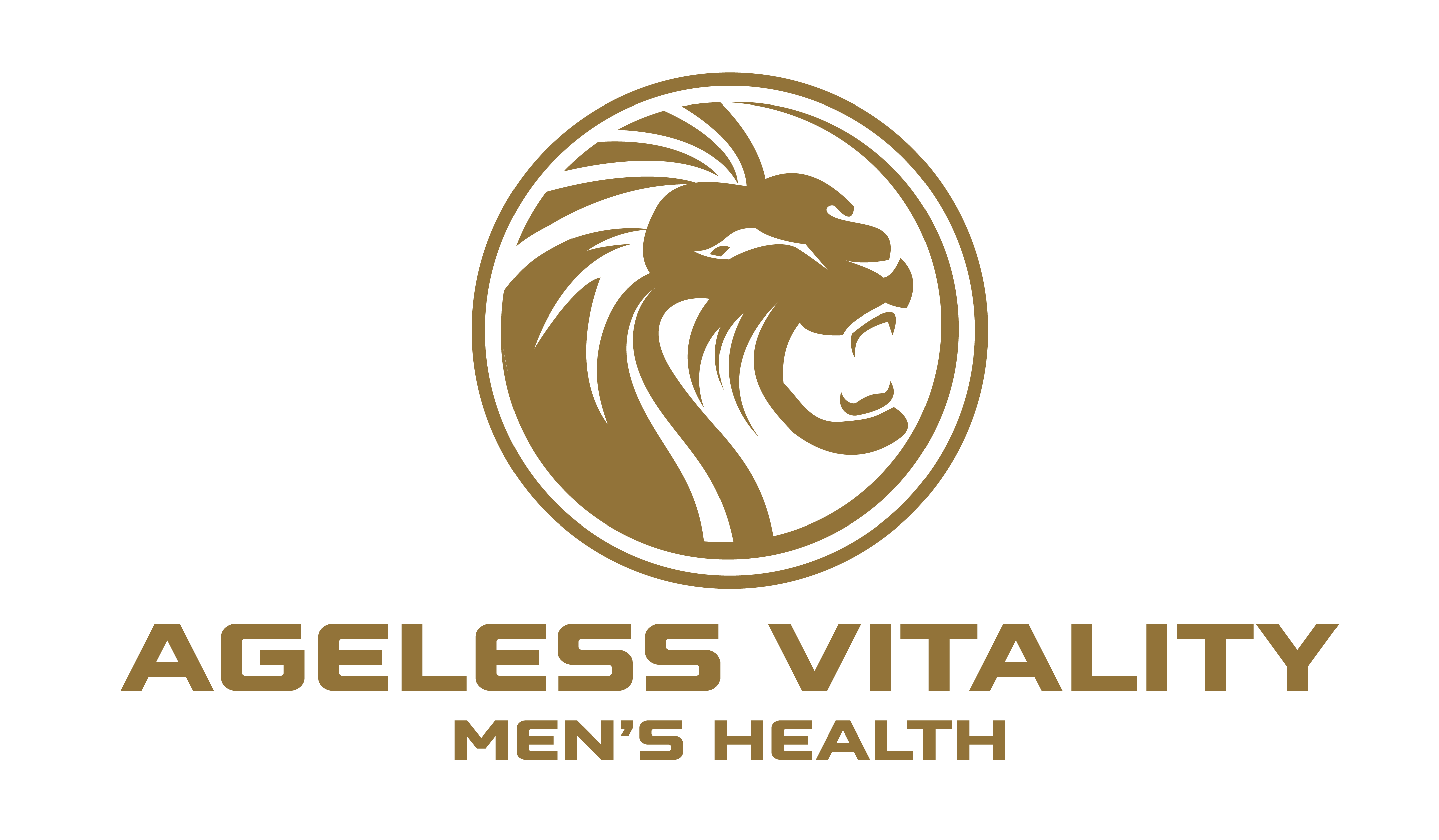Feeling tired and sluggish? Struggling with a low libido or decreased muscle mass? While these symptoms might seem unrelated, they could be linked to a surprising culprit: poor sleep. Emerging research highlights a strong connection between sleep quality and testosterone levels, emphasizing the importance of prioritizing restful nights for optimal hormonal health.
The Role of Sleep in Testosterone Production
During sleep, your body undergoes crucial restorative processes, including hormone regulation. Testosterone, the primary male sex hormone, is primarily produced during the night, specifically during deep sleep (also known as slow-wave sleep). When sleep is disrupted or insufficient, this vital hormone production can be significantly impacted.Several mechanisms explain this link:
- Disrupted Sleep Cycles: Fragmented sleep, characterized by frequent awakenings, prevents your body from entering and maintaining the deep sleep stages necessary for optimal testosterone production. This leads to a decrease in overall testosterone synthesis.
- Increased Cortisol Levels: Poor sleep often leads to elevated cortisol levels, the body’s stress hormone. Chronically high cortisol can interfere with testosterone production, creating a hormonal imbalance.
- Reduced Growth Hormone: Growth hormone (GH) plays a significant role in muscle growth and repair, processes also influenced by testosterone. Sleep deprivation reduces GH secretion, further impacting testosterone’s effects.
- Impaired Metabolic Function: Poor sleep negatively impacts metabolic processes, potentially affecting the efficiency of testosterone production and utilization.
Consequences of Sleep Deprivation on Testosterone
The impact of poor sleep on testosterone levels can manifest in several ways:
- Decreased Libido: Lower testosterone levels often lead to reduced sexual desire and erectile dysfunction.
- Reduced Muscle Mass and Strength: Testosterone plays a crucial role in muscle growth and strength. Insufficient sleep can hinder these processes, leading to muscle loss and weakness.
- Increased Body Fat: Low testosterone is associated with increased abdominal fat accumulation. Sleep deprivation can exacerbate this effect.
- Mood Changes: Testosterone influences mood regulation. Sleep deprivation can contribute to irritability, depression, and anxiety.
- Impaired Cognitive Function: Sleep deprivation affects cognitive function, potentially leading to difficulties with concentration, memory, and decision-making.
Improving Sleep for Better Testosterone Levels
Prioritizing sleep hygiene is crucial for maintaining healthy testosterone levels. Consider these strategies:
- Establish a Regular Sleep Schedule: Go to bed and wake up at the same time each day, even on weekends, to regulate your body’s natural sleep-wake cycle.
- Create a Relaxing Bedtime Routine: Wind down before bed with calming activities like reading, taking a warm bath, or listening to relaxing music.
- Optimize Your Sleep Environment: Ensure your bedroom is dark, quiet, and cool.
- Limit Screen Time Before Bed: The blue light emitted from electronic devices can interfere with sleep.
- Get Regular Exercise: Regular physical activity can improve sleep quality, but avoid intense workouts close to bedtime.
- Manage Stress: Chronic stress can disrupt sleep. Practice stress-reducing techniques like meditation or yoga.
- Consult a Healthcare Professional: If you suspect your sleep problems are impacting your testosterone levels or overall health, consult a doctor.

